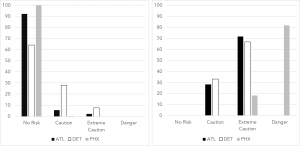Georgia Institute of Technology, Arizona State University, University of Michigan
The Three City Heat and Electrical Failure Adaptation Study (3HEAT) is a National Science Foundation project focused on the human health risks of heat exposure during periods of electrical grid inoperability. With the frequency of hazardous weather events increasing across the United States, combined with a rapid increase in the number of major electrical grid failure events, the likelihood of concurrent extreme weather and blackout events – characterized by our work as a compound climate and infrastructure event – is rising. In the last few years alone, major compound climate and infrastructure events have unfolded in numerous states as wildfires, hurricanes, intense winter storms, and heat waves have triggered widespread blackout events, leaving millions of US residents without access to electricity for cooling or heating, as well as access to drinking water, during periods of extreme temperature exposure. Here you will find a series of datasets associated with the 3HEAT project, study publications, and media coverage of our results.

3HEAT Published Studies to Date
Impacts of landscape changes on local and regional climate: a systematic review
Longer-Term Outdoor Temperatures and Health Effects: A Review
MI-Environment: Geospatial patterns and inequality of relative heat stress vulnerability in Michigan
Passive survivability of buildings under changing urban climates across eight US cities
Social and behavioral determinants of indoor temperatures in air-conditioned homes
The motley drivers of heat and cold exposure in 21st century US cities